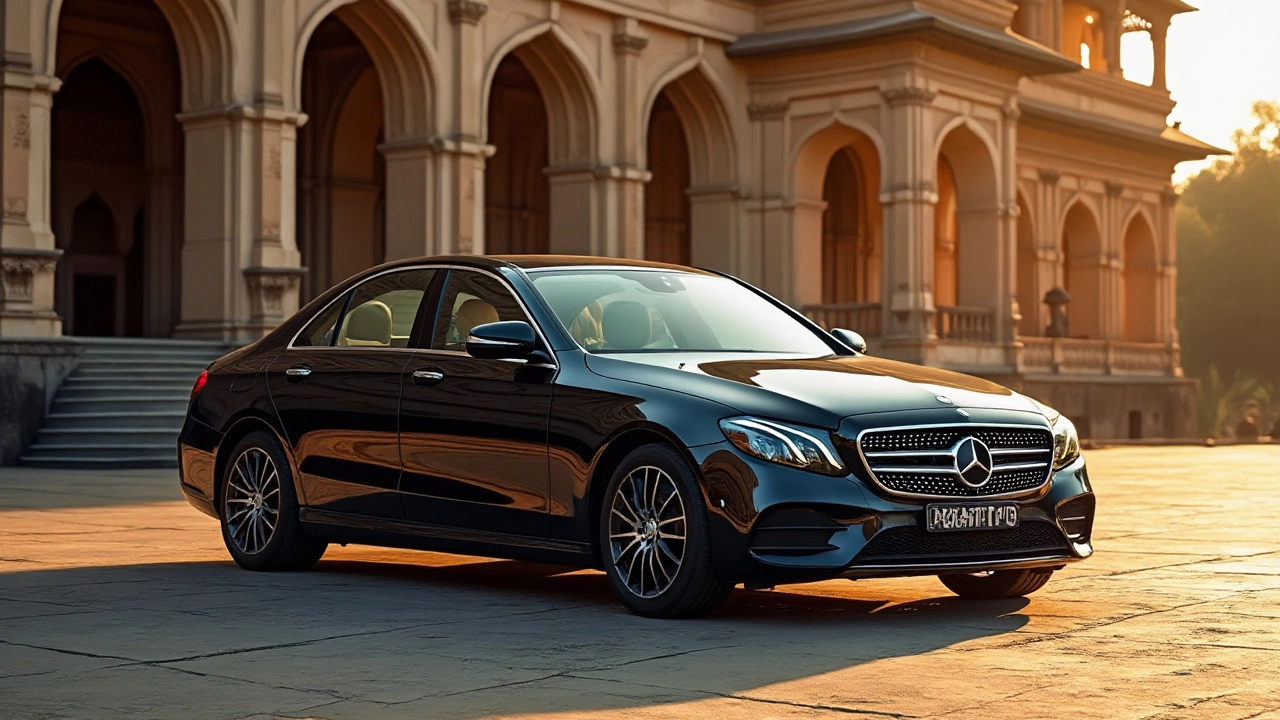Mercedes-Benz: Luxury Automotive Innovation & Manufacturing Trends
If you’re curious about Mercedes-Benz, you’ve come to the right spot. When working with Mercedes-Benz, a German luxury automobile brand celebrated for premium design, performance, and technology. Also known as MB, it sets benchmarks in automotive innovation and manufacturing.
Mercedes‑Benz sits at the crossroads of several key domains. Automobile manufacturing, the systematic process of designing, engineering, and assembling vehicles at scale drives the brand’s ability to roll out new models quickly. The luxury car market, a high‑margin segment where brand heritage, comfort, and exclusivity matter fuels Mercedes‑Benz’s pricing power. German engineering, renowned for precision, durability, and cutting‑edge tech underpins every vehicle, while the shift toward electric vehicles, zero‑emission models powered by advanced battery systems reshapes its product roadmap. Together these entities create a network where Mercedes‑Benz requires advanced manufacturing, benefits from luxury market dynamics, and is influenced by German engineering excellence.
Understanding this network helps you see why profitability in manufacturing matters to a brand like Mercedes‑Benz. Recent data shows that high‑margin sectors—such as luxury automotive—outperform many other industries in ROIC. That’s why startups aiming to supply components or innovate processes often target the automotive space. The same mindset applies when you read about “Top Product Ideas to Invent for a Successful Manufacturing Startup” or “Is Manufacturing Profitable in 2025?”. Those guides stress market validation, scalable production, and strong margins—all factors that Mercedes‑Benz leverages when sourcing new technologies or partnering with niche suppliers.
Beyond profit, sustainability is reshaping the brand’s strategy. Articles on “Top Plastic Waste Countries” and “Best Plastic Manufacturers 2025” highlight the pressure on automakers to reduce material waste and adopt recyclable polymers. Mercedes‑Benz has committed to using recycled plastics in interior components, aligning with global waste‑reduction goals. Likewise, insights from “Why Are Indian Cars Expensive?” reveal how taxes, local regulations, and supply‑chain constraints influence price structures—a lesson Mercedes‑Benz applies when entering emerging markets like India.
In the sections that follow, you’ll find a curated mix of articles that dive deep into manufacturing trends, profitability analyses, sector‑specific challenges, and real‑world case studies—all of which intersect with the world of Mercedes‑Benz. Whether you’re exploring the future of electric luxury vehicles, sourcing high‑quality components, or simply curious about how German engineering stays ahead, the collection below offers practical insights to inform your next move.
